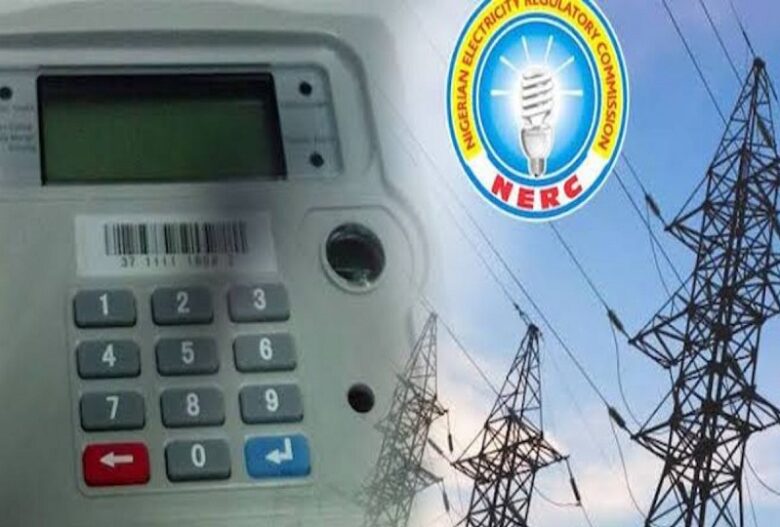Nigeria’s federal government in a bid to improve the electricity crisis approved a 240% hike in tariffs for those who are classified as Band A electricity users.
Band A refers to customers who receive between 20 and 24 hours of electricity supply daily, which mainly means businesses.
Going by the directive issued by the Nigerian Electricity Regulatory Commission (NERC) on April 3, 2024, the tariff for Band A customers was revised upward from N68 per kilowatt-hour to N225/KWh. Other customers in Band E to E were reportedly not affected by the tariff hike.
One kilowatt-hour is the amount of energy consumed by a 1,000-watt appliance in an hour. For instance, a 100-watt light bulb that is kept running for 10 hours would consume 1 kWh of energy.
This comes after the government announced the removal of subsidy on electricity.
This development generated backlash from civil society organisations and concerned Nigerians who described the action as insensitive to the economic hardship facing Nigerians.
For instance, human rights lawyer, Femi Falana (SAN) knocked the Minister of Power, Adebayo Adelabu, over the government’s failure to deliver a constant power supply despite increasing tariffs for Nigerians using Band A.
In what he described as “the illegality of tariffs”, Falana said the Nigerian government and Adelabu could not defend the impunity that led to the hike, adding that they failed Nigerians.
Nigerian Minister of Power Adebayo Adelabu told reporters, however, that the government’s decision on the new tariffs was final and irreversible, arguing that the government was already subsidizing a significant portion of the cost of electricity.
“The government provides a large portion of the cost of producing, transmitting, and distributing power,” Adelabu explained.
“I must tell you that as of today, before the introduction of the tariff increase, the government was subsidizing nothing less than 67% of the cost of producing, transmitting and distributing electricity in Nigeria.”
Also, while appearing before the Senate Committee on Power at an investigative hearing over the tariff hike last week Monday, the power minister warned that there would be a total blackout in the country in the next three months if the electricity tariff hike was not implemented.
Adelabu stated: “The entire sector will be grounded if we don’t increase the tariff. With what we have now for the next three months, the entire country will be in darkness if we don’t increase tariffs. The increment will catapult us to the next level. We are also Nigerians; we are also feeling the impact.”
However, as the majority of the population responded negatively, with many contending that the tariff increase is unaffordable given the growing expense of living, the government on Monday, May 6, 2024, bowed to pressure and reduced the tariff Hike for Band A by 8.1%
This adjustment, effective from Monday, May 6, 2024, was confirmed by various distribution companies across Nigeria.
The Ikeja Electricity Distribution Company announced the tariff reduction, ensuring customers of 20-24 hours of supply daily at the revised rate of N206.80/kWh, while tariffs for Bands B, C, D, and E remain unchanged.
Similarly, the Ibadan Electricity Distribution Company (IBEDC) and Abuja Electricity Distribution Company (AEDC) have implemented the tariff reduction for Band A customers. IBEDC stated that prepaid meter users would experience the new tariff upon vending in May, while postpaid customers would see the revision in their May bills.
The AEDC assured Band A customers of continued 20-24 hours supply daily under the revised tariff, with no changes in tariffs for Bands B, C, D, and E.
The Kaduna Electricity Distribution Company also confirmed the reduction in the tariff for Band A customers, effective May 6, 2024, ensuring continued 20-24 hours supply daily. The tariffs for Bands B, C, D, and E remain unaffected by this adjustment.
Meanwhile, experts have advised that an average consumer would spend less if energy conservation is adopted by all Nigerians.
It could be recalled that the power minister came under heavy criticism when he advised Nigerians to shun energy waste by putting off their freezers when items therein were frozen.
YOU MAY ALSO READ: Tragedy as gunmen kill traditional ruler in Southern Nigeria









Got a Question?
Find us on Socials or Contact us and we’ll get back to you as soon as possible.